The NIDDK Oral History Project: The Individual and the Institution
In 2019 I had the honor of serving as oral history consultant for the National Institute of Diabetes and Digestive and Kidney Diseases (NIDDK), among the oldest and largest of the institutes under the National Institutes of Health. My preparation for a series of video interviews took me through diverse areas of research that have distinguished NIDDK, including carbohydrate chemistry, regulatory proteins, polyamines and metabolism, protein folding, and sickle cell disease. Much of the focus of these interviews was on the stellar scientific careers of the individual interviewees and their colleagues at NIDDK, which included six Nobel laureates.
Four of the interviews made publicly available in time for NIDDK’s 70th Anniversary year focus also on the growth and development of the Institute itself. Dr. Herbert Tabor was there at the 1950 founding of the institution originally named the National Institute of Arthritic and Metabolic Diseases. Dr. Phillip Gorden served as Director from 1986 to 1999, Dr. Allen Spiegel from 1999 to 2006, and Dr. Griffin Rodgers from 2006 to the present. Each of these interviewees discuss organizational challenges such as funding, relations with legislators, and the growing importance of public-facing programs. All express a shared commitment to ensure that NIDDK’s accomplishments were greater than the sum of its individual scientists. As Dr. Gorden put it, “it’s not necessarily about what one individual does but how one can create a collaborative effort.”
My own research for the project, conducted as a consultant to HAI, included immersion in the history of NIDDK and hours of study of each individual’s career. My goal was to ensure that I knew enough in advance to steer my conversations in fruitful directions, yet to keep as low a profile during the sessions as possible. NIDDK’s production is simple but effective, allowing viewers to either view the sessions in their entirety or to directly access sections covering important episodes or areas of inquiry.
Take a look at the interviews on NIDDK’s YouTube page, and give me a call if you would like to talk about capturing your institution’s history in an oral history project.
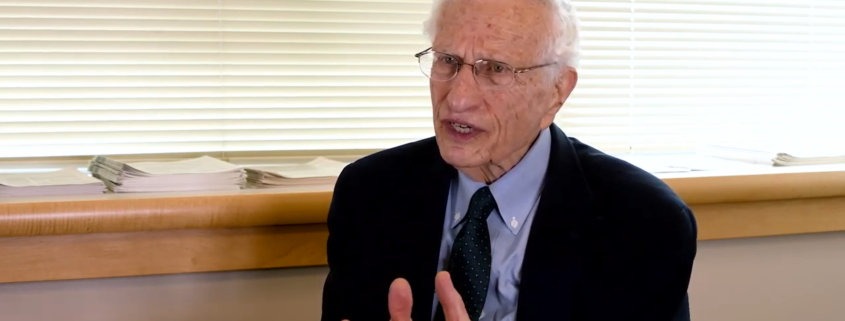
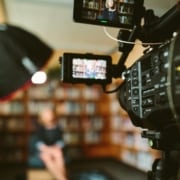
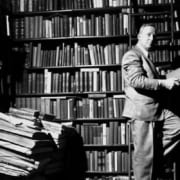
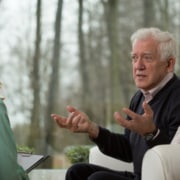
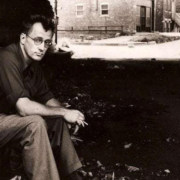


Trackbacks & Pingbacks
[…] then Nevins was also champion of a new methodology: “oral history.” Having been a journalist, he understood the importance of the interview. Nevins also realized […]
[…] historians to use. Other interviews, including my ongoing work for the SEC Historical Society, go online shortly after conduct. In a few cases I have conducted interviews for clients who wanted to […]
Comments are closed.